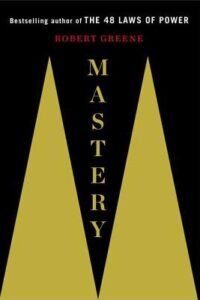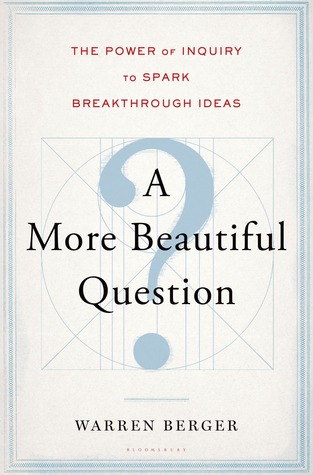Seth Godin’s blog today was Unbeatable vs Perfect. In it, he states that Google has killed more than 200 projects over the last few decades. They fail all the time. MORE THAN 200 PROJECTS!!!
Over the years, I knew Google discontinued a few products/services here and there but did not expect more than 200. Often we see a company, professional, or industry expert present an almost “flawless” or “perfect” product/service out in the world. We expect our work to be like theirs or close to it as possible. We forget that we are on our own journey to greatness. There is no need to compare, contrast, or feel deflated. What you can do from the work you see out there is to draw inspiration, motivation and keep going at your pace. There is “never” a perfect version of something and there is “always” room for improvement.
If Google waited for the “perfect” project/product/service to ship, we won’t be talking about them in 2022. They launched in 1998 and are still relevant to us more than ever before!
Also if I waited for the “perfect” blog to post, this post would be in my Drafts and you won’t be reading it at this moment. Thanks for reading my “not-so-perfect” blog.





